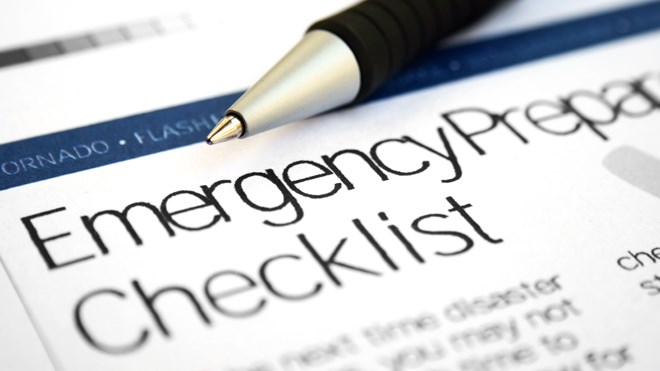The weather has shifted and winter is here.
David St. Georges, co-ordinator with the Canadian Red Cross' disaster management team, said there's no time like the present to stress the importance of emergency preparedness.
So far this year, Red Cross volunteers in Greater Sudbury have responded to 64 personal disaster calls — although, there are more where the Red Cross isn't involved, said St. Georges. Across the country, Red Cross volunteers respond to personal disasters every three hours.
Personal disasters can happen at home or on the road, and can included anything from gas leaks to fires to floods.
“This time of year, we're looking more at pipe bursts,” St. Georges said.
Anyone can make a home preparedness kit for their home. It should have 72 hours of food and supplies, including two litres of water per person per day, clothing, medicine and a bit of cash.
“People always forget that when the power is out, so are the credit cards and debit cards,” St. Georges said.
Be prepared to self sustain for at least 72 hours, he said, because that's the time it will take emergency crews to handle the issue and make sure everyone is safe.
The Red Cross offers its own emergency preparedness kit for purchase, and it features more than 85 essential items such as a flashlight, a multi-function knife, waterproof matches, and an emergency blanket that will help support you during the first 72 hours of an emergency.
Anyone travelling for the holidays should keep similar items as they would in their home, he said. These kits should include extra clothing, extra boots and gloves, and a portable self-powered radio to keep in touch with what's going on.
And, with the mercury continuing to dip lower and lower as we get deeper into the winter season, St. Georges said it's important to be prepared to face those frigid temperature.
“The more prepared you are, the less stress there will be in that situation,” he said. “When travelling, you should be able to self sustain for at least an hour.”
The Canadian Red Cross has more information about being prepared for personal disasters. It's available at RedCross.ca.
